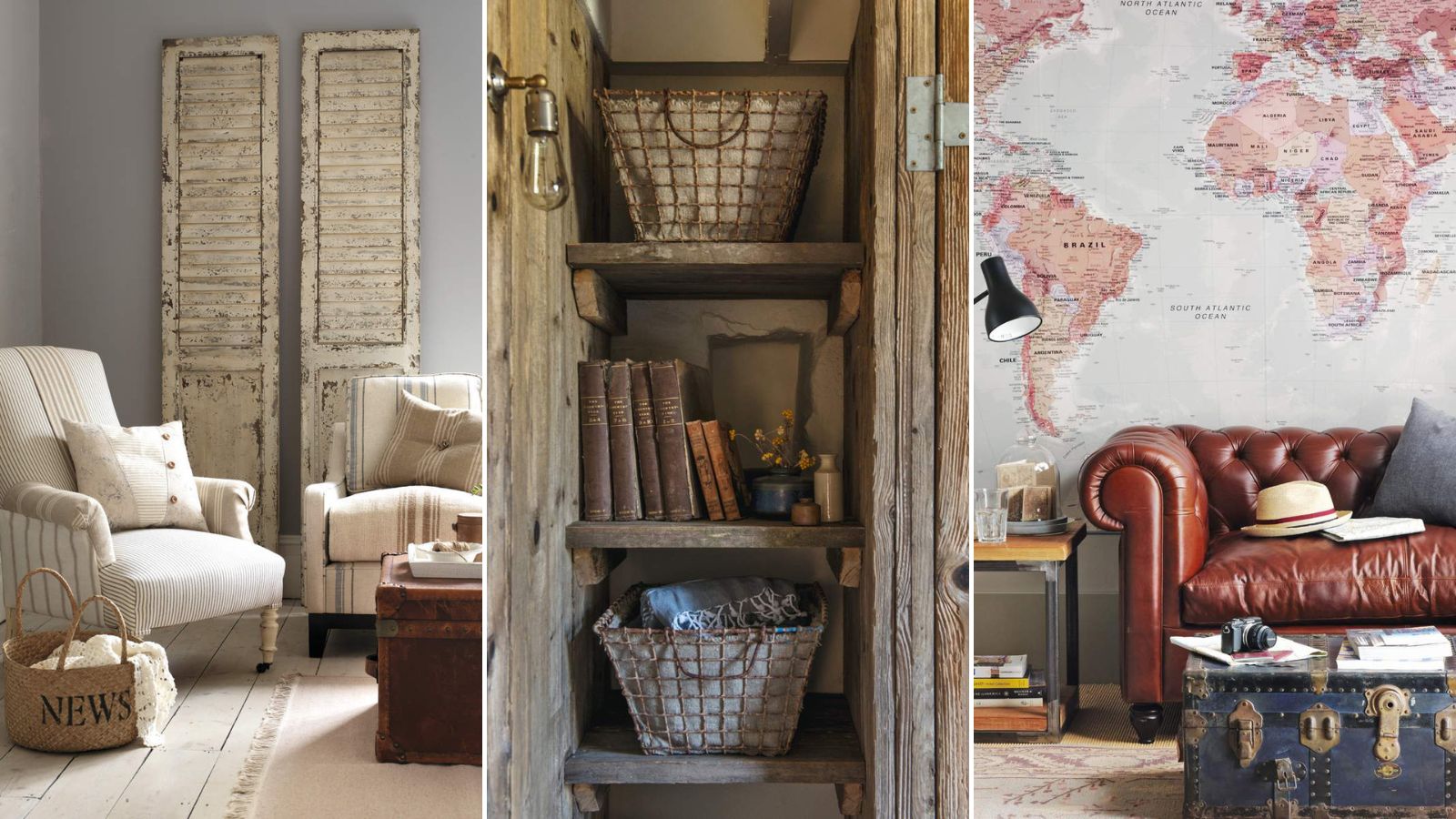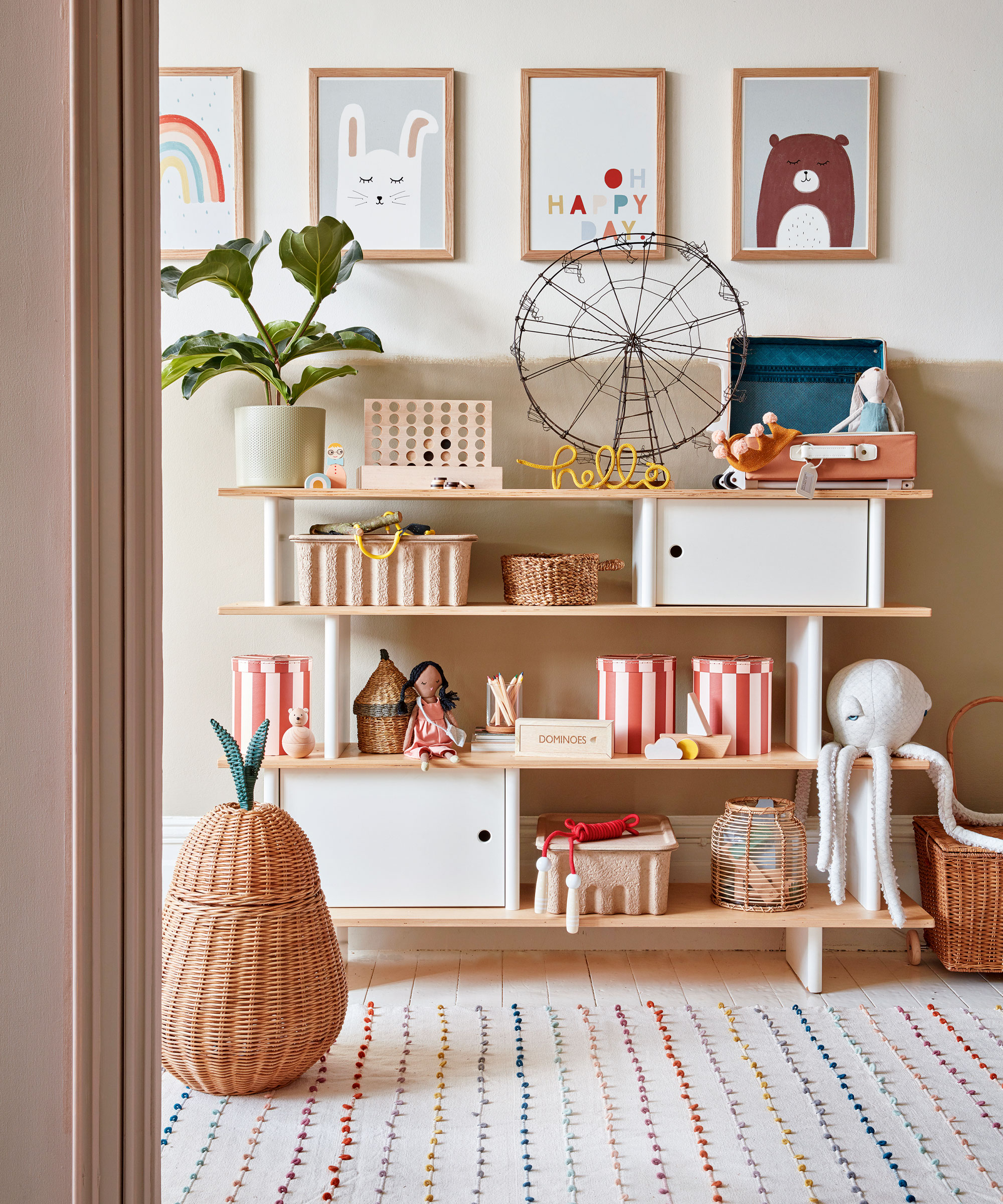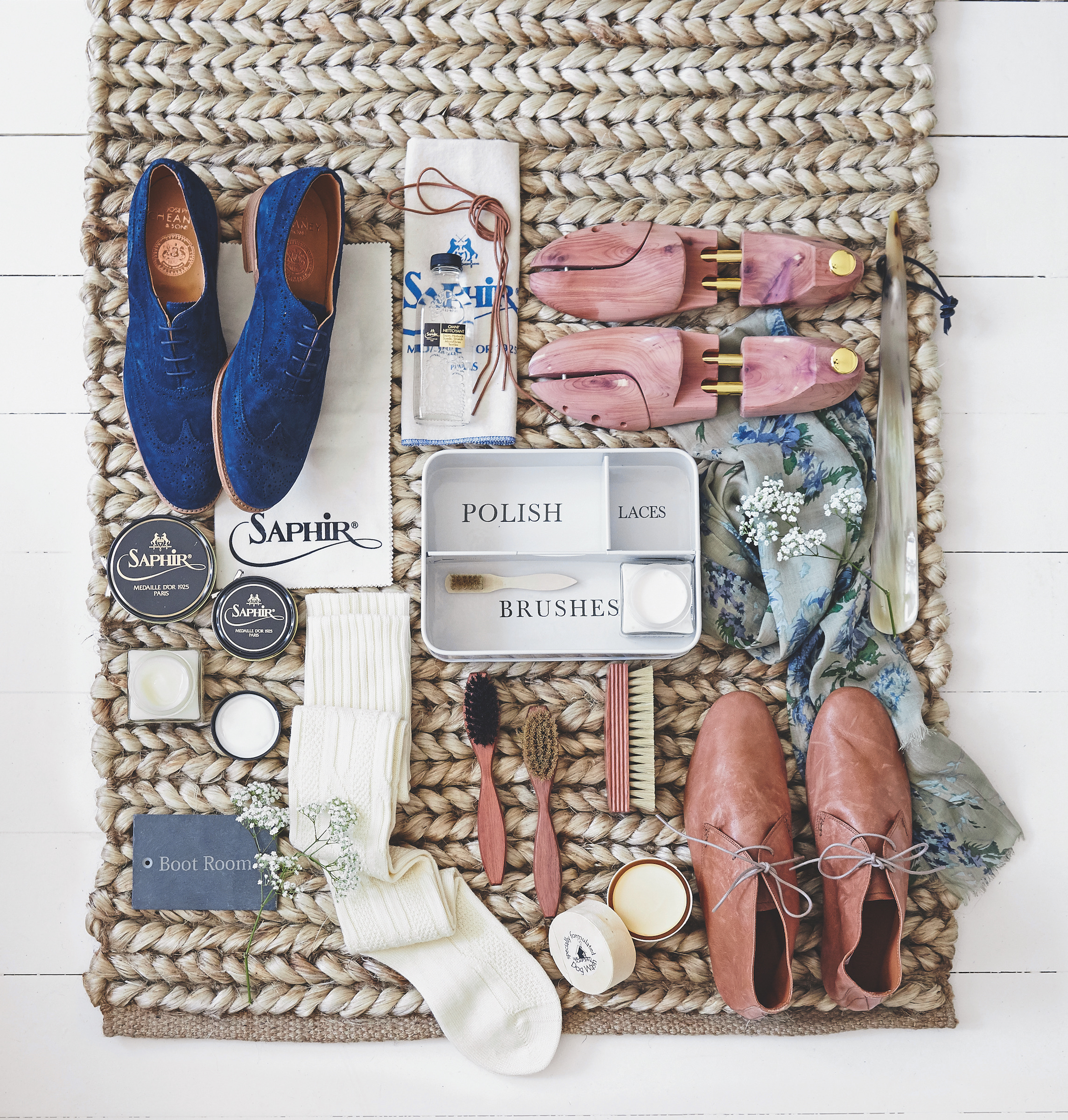Experts reveal 10 things you should never buy at an estate sale
Planning to attend an estate sale? Curb your enthusiasm and learn about these items to avoid


Design expertise in your inbox – from inspiring decorating ideas and beautiful celebrity homes to practical gardening advice and shopping round-ups.
You are now subscribed
Your newsletter sign-up was successful
Want to add more newsletters?

Twice a week
Homes&Gardens
The ultimate interior design resource from the world's leading experts - discover inspiring decorating ideas, color scheming know-how, garden inspiration and shopping expertise.

Once a week
In The Loop from Next In Design
Members of the Next in Design Circle will receive In the Loop, our weekly email filled with trade news, names to know and spotlight moments. Together we’re building a brighter design future.

Twice a week
Cucina
Whether you’re passionate about hosting exquisite dinners, experimenting with culinary trends, or perfecting your kitchen's design with timeless elegance and innovative functionality, this newsletter is here to inspire
Estate sales are treasure troves for connoisseurs of vintage decor and unique items for the home. From furniture to ornaments and entire dinnerware sets, estate sales are a great place to scout out things that you simply won’t find anywhere else. If you know how to look, you could walk out with a unique bargain.
On the flip side of that, estate sales also often have a lot of items that are best avoided. From health and hygiene concerns to the potential for hugely overpaying for an item, there will be things at an estate estate that are safer to leave alone.
We’ve asked estate sales and vintage experts to give their top tips for steering yourself away from buying decisions you could later regret. Even if they seem like great value at the time, these are the things you should never buy at an estate sale.
1. Baby items

Baby items like cribs and seats should never be bought second-hand anywhere, whether at an estate sale or a yard or garage sale, cautions Nora Curl, an antique appraisal expert.
'The safety standards for cribs and child seats change over time,' she explains. 'These older products may have been manufacturer recalled for posing a danger to infants. You really don’t want something that doesn’t meet current safety requirements.'
2. Bed and bath items
An estate sale is no place to be buying mattresses, towels, or toiletries. ‘All of these may harbor bacteria,’ says Nora. Bedlinen is also best avoided, however pretty and embroidered it may be.
There are some exceptions to this rule. Sealed, unexpired toiletries and perfumes may be okay to buy at an estate sale if they’ve been correctly stored. Obviously, you won’t be able to test them for freshness before you buy them, but anything still in its plastic packaging should be okay.
Design expertise in your inbox – from inspiring decorating ideas and beautiful celebrity homes to practical gardening advice and shopping round-ups.
Vintage bed quilts can also be a fine estate sale purchase if you want to nail that vintage bedroom aesthetic, but you’ll need to check for mildew and stains carefully.
3. Upholstered furniture

Sorry to disappoint you if you were after an upholstered chair or chaise, but it’s best not to buy these items at estate sales. Nora Curl says that this rule applies to both vintage and contemporary upholstered furniture ‘as there may be bug infestations that you would not want to bring back into your own home.’
While we’re at it, remember to inspect all furniture for signs of mice, spiders, and termites. A large enough item may harbor them deep in one of the drawers, and you don’t want to discover them after the purchase!
If you truly have your heart set on buying a vintage couch, you could always make the purchase and reupholster the couch with a new fabric after treating it for any signs of pests or deterioration.
4. Expired items
If you’re considering buying home supplies like paint, furniture stains, or essential cleaning supplies, always check that they haven’t expired. It can be tempting just to ignore expiration dates, but they’re there for a reason, and you could end up wasting your money on ineffective or defective products.
Jennifer L. Prince, owner and reseller at It's Found Vintage, says that this doesn’t mean you necessarily need to avoid these items - just the ones that are expired or don’t have an expiry date on them. She has bought these items at estate sales but ‘made sure that they were still usable and that they were either full or almost full.’
5. Ubiquitous items
By 'ubiquitous items' we mean anything you can easily buy cheaper at Walmart or Home Depot. From tools to paint, widely available items sold at estate sales can be overpriced. Even if you need it, Google it before buying. You’ll find out whether the item is priced fairly within seconds. It can be tempting to just enjoy browsing and go by instinct, but the reality is that you often will find items that are cheaper – and in better working condition – when bought new.
Jennifer gives an example from her own experience: ‘my husband was in the tool section and found furniture clamps that have been on our list of things to look for. We didn't do our due diligence and thought they were expensive to buy new. We bought a pair for $15 only to find out that they were only $10 or so new, so we had a little bit of buyer's remorse.’
Unique and one-of-a-kind items will be harder to compare with other items online or in stores, so if you can’t find one just like it – just buy it.

Jennifer is an expert in thrifting, antiquing, and reselling. She has a Charish shop, sells at 4 antique spaces, and consigns clothing pieces at a vintage-only store.
6. Artworks claiming to be by famous artists

Avoid artwork items by world-famous artists: these almost certainly are reproductions. Nora Curl cautions that ‘often ‘famous’ works are reprinted on texturized board or varnished over the surface to look like brush strokes on an original painting.’
To put it bluntly, you won’t find a Rembrandt or a Monet at an estate sale. Any family that owns such an item will sell a world-class original at a national (or international) auction or go through a specialized art dealer.
There is one caveat: you may well be able to find original works by local artists at estate sales. You should speak to the estate sales staff about any painting that you think may be an original.
7. Board games
‘Board games and jigsaw puzzles run the risk of missing pieces,' says Nora Curl. Unless these are board games that are still sealed and haven’t been opened, you won’t find out whether they’re functional until you get home. So, save your money and buy new ones instead.
8. Shoes

Vintage shoes may look great, but they’ve been molded to the shape of someone else’s feet, so they’re highly unlikely to be comfortable for you. Leather shoes also lose their durability over time - even if they’ve never been worn. The leather gets brittle and dry, and the glue can also dry up and crack.
The exception: if you really know your shoes and spot a designer pair that you know can’t be very old, you may have found yourself a bargain.
9. Large items if you don’t have the transport

Many buyers are tempted by large, impressive furniture items at estate sales. Think a Queen Anne armoire or a four-poster bed. The question you should always ask yourself before committing to such an item is: how will you get it home?
Nora Curl explains that ‘most estate sales require that you move and transport large items yourself, so if you are not prepared to or don’t have the right vehicle to move a large armoire, then steer clear of large size items.’
If you browse an estate sale catalog ahead of time, you will have an opportunity to research transportation options. A local moving company might be able to help, but you’ll need to factor their service into the cost of your purchase.
10. Higher-priced items that hasn’t been or can’t be authenticated

People shop at estate sales for different reasons. You may just be wandering in an open-minded state in case something interesting catches your eye. In that case, forget the rules and get whatever is within your budget that you like.
However, suppose you are hunting for specific antiques or manufacturers/types of items (say, an Eames chair, an eighteenth-century rug, or a Bitossi vase). In that case, you either need to know exactly what authenticity markers you’re looking for, or you need the estate sales staff to provide some form of authentication.
Typically, reputable estate sales companies will have had the more expensive items independently appraised. Rebecka Atwell, owner of The Discerning Eye, a Denver area full-service estate sale company, says that she often seeks assistance ‘from expert appraisers for identifying and authenticating antique rugs and original artwork, among many other decorative collectibles. It is of the uttermost importance to me that items are never misrepresented at our sales, especially because I specialize in higher-end estate sales and often deal with sought-after collectibles.’’
For a respectable estate sales company, ’reputation is everything.’ However, not all companies are willing to invest in appraisals. It’s always a good idea to ask if in doubt - and to research expensive items ahead of time whenever possible. If on the day you are doubting the authenticity of a highly-priced item, and its provenance cannot be proved, it’s best to walk away.
Don't let these dud items put you off finding treasure at estate sales. There are plenty of bargains and unique one-off items to be found if you go with an open mind and do your research ahead of time.

Anna is a professional writer and academic. She taught English Literature for several years before joining Future where she wrote for Real Homes, Homes & Gardens and Livingetc for four years. She is a regular contributor for Parade Home, BiggerPockets, and many other publications. In her spare time, Anna enjoys hiking and gardening.